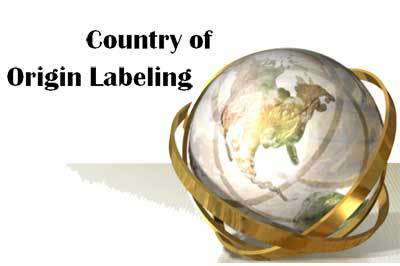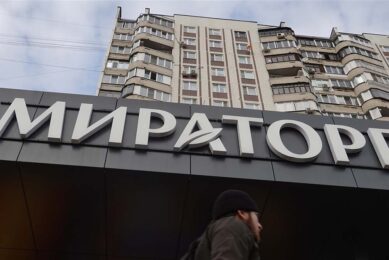Meat institute joins pork council opinion on MCOOL

The American Meat Institute (AMI) joined the NPPC, saying that the US should abide by a ruling from a World Trade Organisation (WTO) Appellate Body that upheld an earlier finding by the group that Mandatory Country of Origin Labeling (MCOOL) violates US obligations to the WTO.
The WTO affirmed its decision that the US COOL policy is trade-restrictive against Mexico and Canada. The National Pork Producers Council (NPPC) has opposed the legislation since it was formulated saying the law would be an unnecessary burden to trade. Both NPPC and the National Cattlemen’s Beef Association (NCBA) fear retaliation from Canada and Mexico which are key export markets for US pork and beef.
MCOOL is a labelling law that requires retailers, such as full-line grocery stores, supermarkets, and club warehouse stores, provide their customers with information regarding the source of certain foods. Commodities covered include muscle cuts and ground meats such as beef, veal, pork, lamb, goat, chicken, fish and shellfish as well as fresh and frozen fruits and vegetables.
“The WTO has spoken not once but twice: mandatory country-of-origin labelling violates (US) WTO obligations,” said J. Patrick Boyle, AMI president and chief executive officer. “While the law’s proponents continue to defend it and to challenge the WTO perspective, it’s time to ‘get over it.’ Trade has been an essential part of the U.S. meat industry’s success and our nation needs to lead by example in the trade arena.”
Despite the WTO ruling, the law still stands and meat packers and processors will continue to comply with it as long as it is in place. “However, it is essential that Congress act to change the law to meet US WTO obligations,” Boyle added.
The US MCOOL law took effect in 2008 and following implementation US imports of Canadian cattle and hogs and Mexican cattle declined substantially. Complainants by Canada and Mexico argued that the law is inconsistent with the United States’ obligations under several articles of the WTO agreement.
In November 2011, the WTO ruled in favour of Canada and Mexico after the two countries lodged a complaint against the US law.
In its November ruling, the panel noted that the US law violated WTO rules on several fronts and wrote specifically that, “The MCOOL measure, particularly in regard to the muscle cut meat labels, violates Article 2.1 because it affords imported livestock treatment less favourable than that accorded to like domestic livestock.”
Source: Pork Network
 Beheer
Beheer








 WP Admin
WP Admin  Bewerk bericht
Bewerk bericht